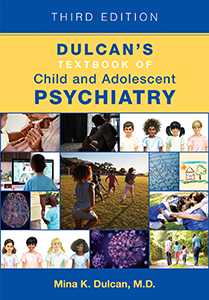Chapter 28.Aggression and Violence
Sections
Excerpt
Aggression—often in association with severe and urgent symptoms—is one of the most frequent indications for child and adolescent psychiatric referral, yet aggression is also a normal behavior that is present in all people to some extent. The nature, meaning, and prevalence of aggression in children differ as a function of developmental level and context, and it is important to distinguish pathological, maladaptive, or antisocial manifestations of aggression from prosocial or adaptive behaviors (e.g., self-defense). Aggression is generally considered to be a highly stable behavioral trait. Nevertheless, only half of school-age children who are aggressive continue to manifest this behavior in adolescence. When aggression persists, it is highly impairing and often carries severe consequences for academic achievement and occupational attainment, family and peer relationships, and psychological development, as well as risk for dire outcomes—including antisocial personality disorder, substance abuse, and criminality.
Access content
To read the fulltext, please use one of the options below to sign in or purchase access.- Personal login
- Institutional Login
- Sign in via OpenAthens
- Register for access
-
Please login/register if you wish to pair your device and check access availability.
Not a subscriber?
PsychiatryOnline subscription options offer access to the DSM-5 library, books, journals, CME, and patient resources. This all-in-one virtual library provides psychiatrists and mental health professionals with key resources for diagnosis, treatment, research, and professional development.
Need more help? PsychiatryOnline Customer Service may be reached by emailing [email protected] or by calling 800-368-5777 (in the U.S.) or 703-907-7322 (outside the U.S.).



